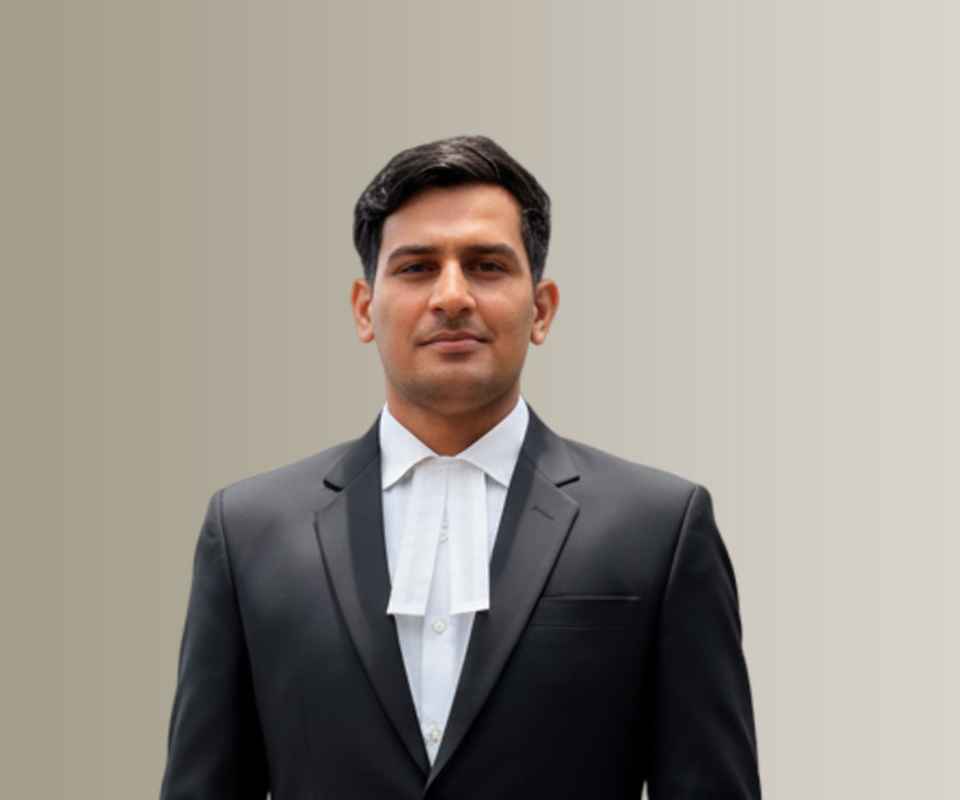Answer By law4u team
A single social media post can potentially support a negligence lawsuit if it contains evidence that directly relates to the case, such as admissions of fault, behavior that shows a breach of duty, or other actionable information. The key is whether the post is relevant to establishing the elements of negligence: duty of care, breach of duty, causation, and damages.
Steps for Using a Social Media Post in a Negligence Lawsuit
- Relevance to the Case:
The post must be relevant to the claim. For instance, if the defendant posts something showing they were aware of a dangerous condition but failed to act (e.g., neglecting to warn others of a hazard), it could serve as evidence of breach of duty.
- Establishing Negligence:
- Duty of Care: A social media post may show the defendant’s relationship to the plaintiff (e.g., an employer failing to ensure the safety of their employees or a business ignoring safety regulations).
- Breach of Duty: If a post demonstrates that the defendant violated their duty (e.g., sharing reckless or harmful content), it may be used to argue that their actions or inaction contributed to the harm.
- Causation: The post might link the defendant’s actions directly to the plaintiff’s injury, especially if the social media post shows that their conduct (such as ignoring safety rules) led to the harm.
- Damages: Posts discussing or showing the consequences of negligence (e.g., the victim’s injuries) could help establish the extent of damages.
- Admissibility in Court:
Social media posts can be used as evidence in court, but they must meet specific legal standards. For example, they must be authenticated to prove that they came from the defendant and have not been tampered with. Additionally, the post must be relevant to the case and not constitute hearsay.
- Privacy and Consent:
If the social media post was made publicly, it can be used in court. However, posts made in private groups or messages may be subject to privacy concerns, and their admissibility might depend on the circumstances under which they were obtained (e.g., through a subpoena).
- Defamation or False Claims:
In some cases, a social media post could not only support a negligence claim but also be grounds for a defamation suit if the post contains false statements about the plaintiff that damage their reputation. Negligence claims involving online behavior often overlap with defamation claims when harmful content is shared.
Example
Consider a scenario where a person is injured in a parking lot due to a spilled substance that wasn't cleaned up. If the business owner posts on social media boasting about their negligence (I haven’t gotten around to cleaning up the spill, but it's no big deal), this could serve as admission of negligence and establish that the owner breached their duty to maintain a safe environment.
In this case, the post could help show that the business owner knew about the dangerous condition (spilled substance) but failed to take action, leading directly to the plaintiff’s injury. The post could be used to support the plaintiff’s claim in a negligence lawsuit.







